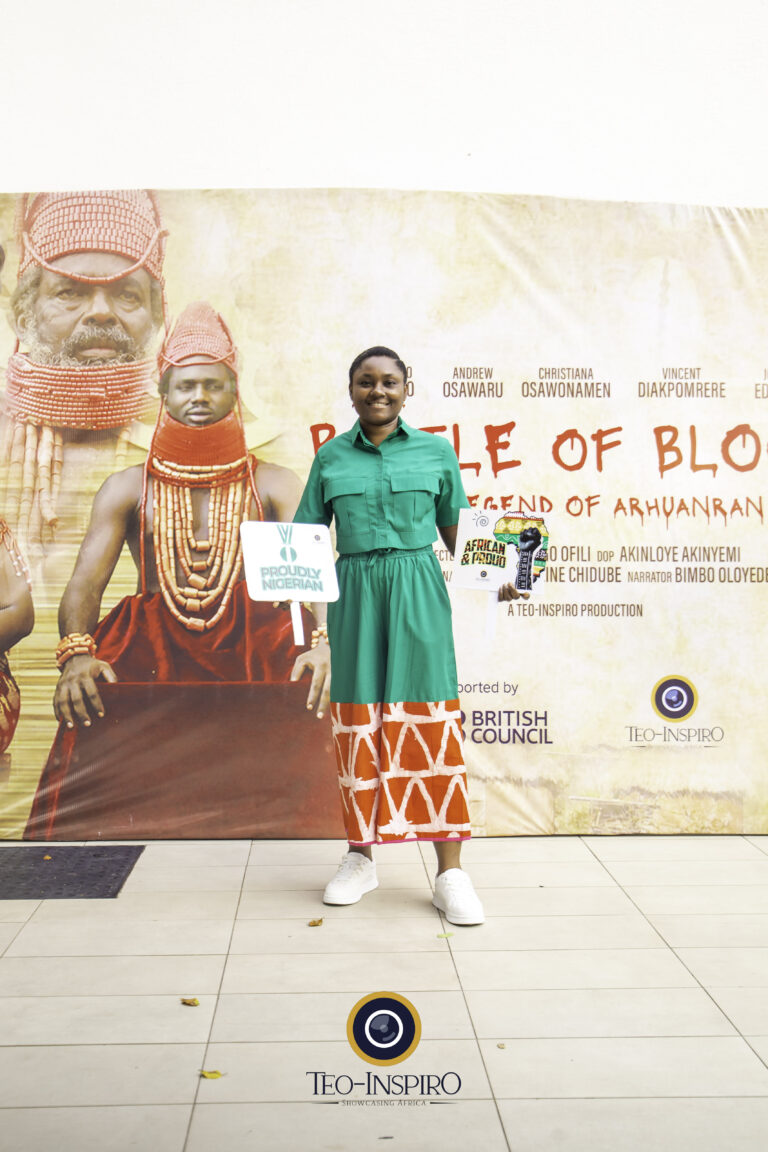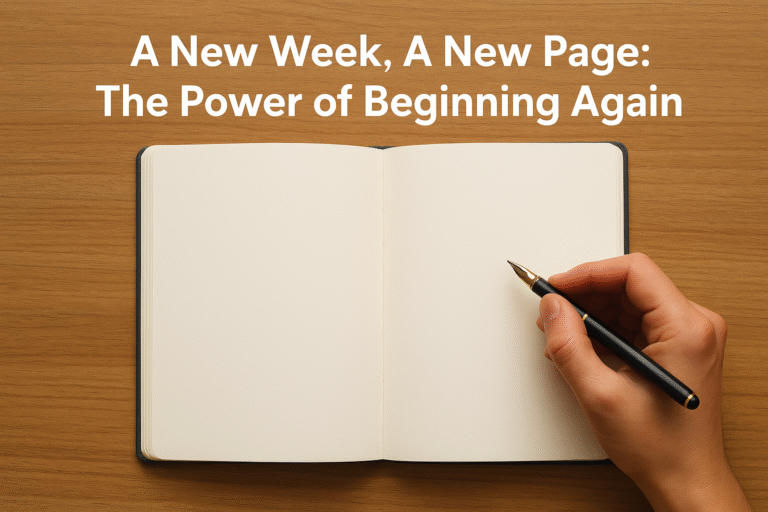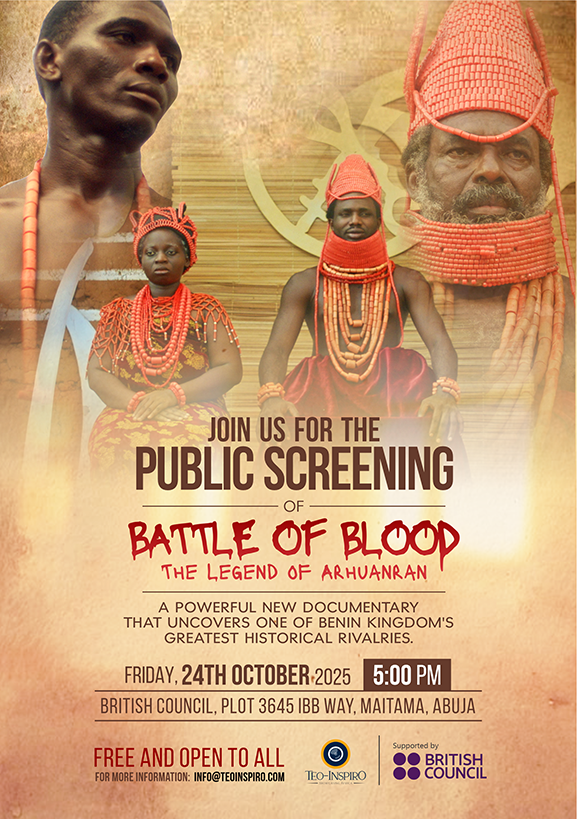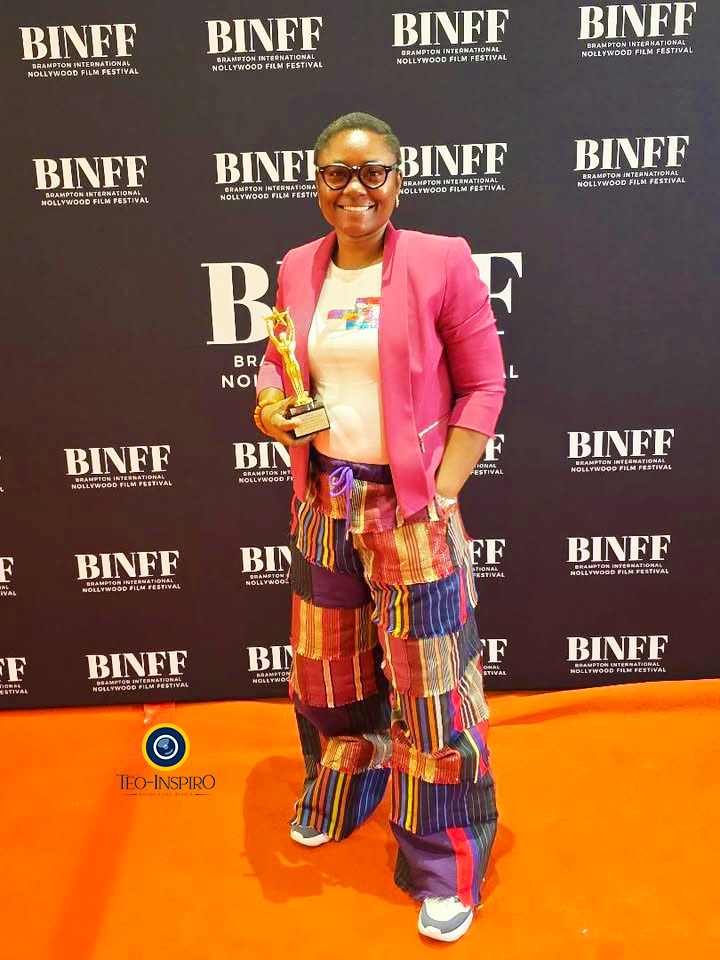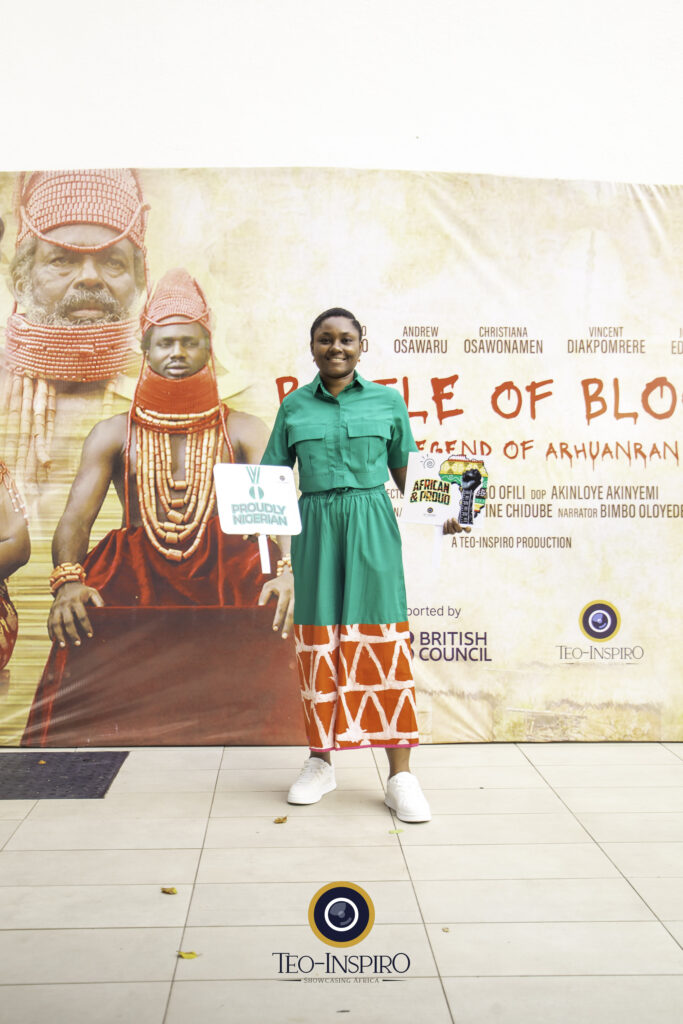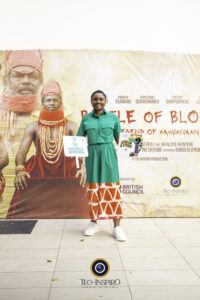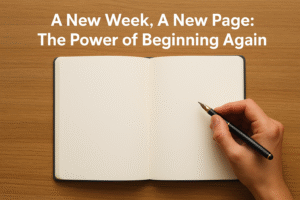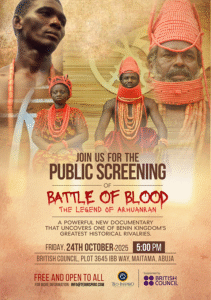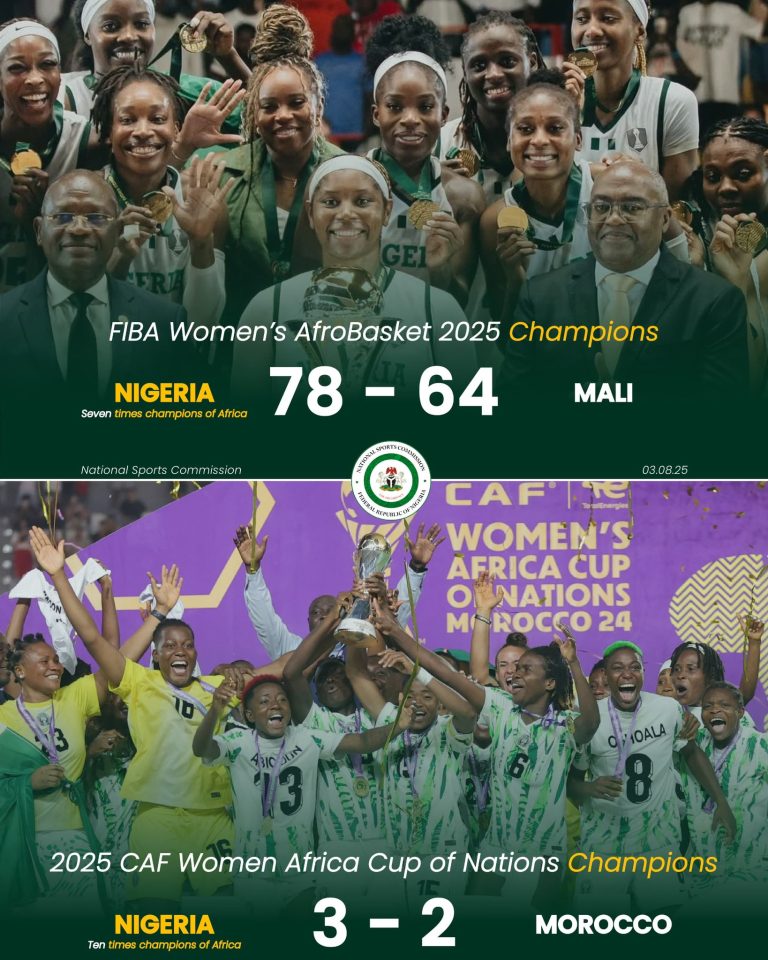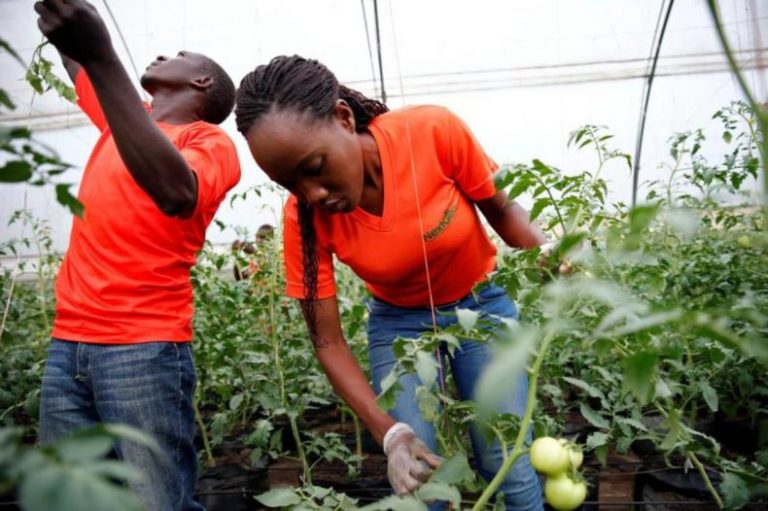
The Speaker of the House of Representatives, Mr Femi Gbajabiamila in a Diaspora Voting Stakeholders Workshop in Abuja said that, constitutional amendment is needed before Nigerians in diaspora can be allowed to vote. He said that millions of Nigerians, who resided outside the country, had as much a stake in the present and future of Nigeria as those who lived in the country.
“Nigerians abroad use their resources to develop businesses and support family members here at home; they invest in their communities and support national development, so it is not strange that they are seeking to participate in the electoral process. But, before allowing diaspora voting, there is a need to plan well by first understanding the nuances, intricacies and the hurdles in front, by so doing we will know if Nigeria will get it right,” he said.
“I was the principal officer when this bill came up in the 7th assembly and I shut the Nigeria in diaspora voting bill down, I did that because the house came to understand that the language of the constitution is black and white and it states that you can only vote if you are resident in Nigeria,”
“So, bringing a bill for diaspora voting at that time was a wrong move because you cannot use a bill to amend the constitution and it was on that basis that we could not take that bill. I am not proud of it but it was a necessity and someone had to take responsibility. I am for diaspora voting, but all I am saying is that we have to do it right, so for that bill to stand, the constitution has to be amended first,’’ he maintained.
Mr. Gbajabiamila continued stating that, “Our elections here are not yet perfect, so how do we deal with diaspora voting? Here, we consistently have litigation after elections, so how do we deal with that in diaspora voting? There are issues with diaspora voting, for instance, which of the elections will they participate in and which court will they eventually go to in case of litigation after elections? he asked.
“The topic of diaspora voting has, within a short period of time, become a matter of intense public debate; it causes us to confront the simple, unavoidable reality that this is a subject matter for which we must find resolution within the shortest possible time,” he said.
The workshop provided an opportunity for all stakeholders to jointly consider the value of the proposals being currently offered and develop therefrom, a workable plan of action for policy makers and the general public, Mr. Gbajabiamila noted.
Chairman, Senate Committee on Diaspora, Dr Ajibola Bashiru, stated that the agenda of the 9th assembly was to work for Nigerians but that the issue of diaspora voting should be a consensus with Nigerians.
He said that there was need to look at what the constitution said about such bills before it would be passed, marking out all the intricate parts to be taken into consideration.
The Independent National Electoral Commission (INEC), Chairman, Prof. Mahmood Yakubu, who was represented by Dr Mohammed Lecky, National Commissioner of INEC, said that the commission was ready for diaspora voting. He however, stated that legislative backing remained a challenge.
“We cannot have inclusiveness without carrying every Nigerian, wherever he or she may be, along in the electoral process; we need to bring our diasporas into the voting system because they matter, this is a subject matter in which the commission has shown a great deal of interest; we have studied it very carefully and positioned ourselves to do the needful at the appropriate time, we are ready,’’ the INEC chairman said.
The chairman went further to say, “that the commission had a wide range of first hand knowledge on how other election management bodies handled issues of diaspora voting, adding that there was no reason why Nigeria should not practice diaspora voting.”
He also said that, “the commission was convinced that diaspora voting was the way to go but hurdles like; the election to allow diasporas participate in, logistics, funding, legislation among others still needed to be addressed.”

